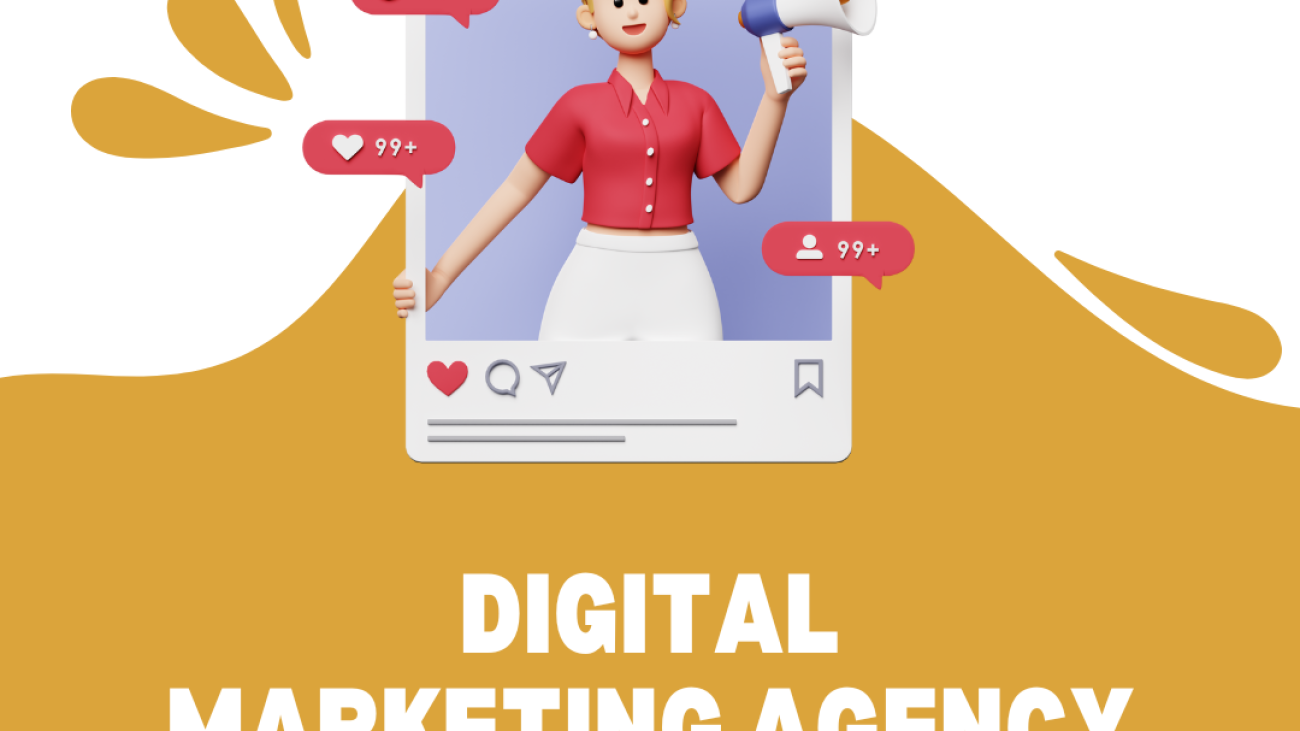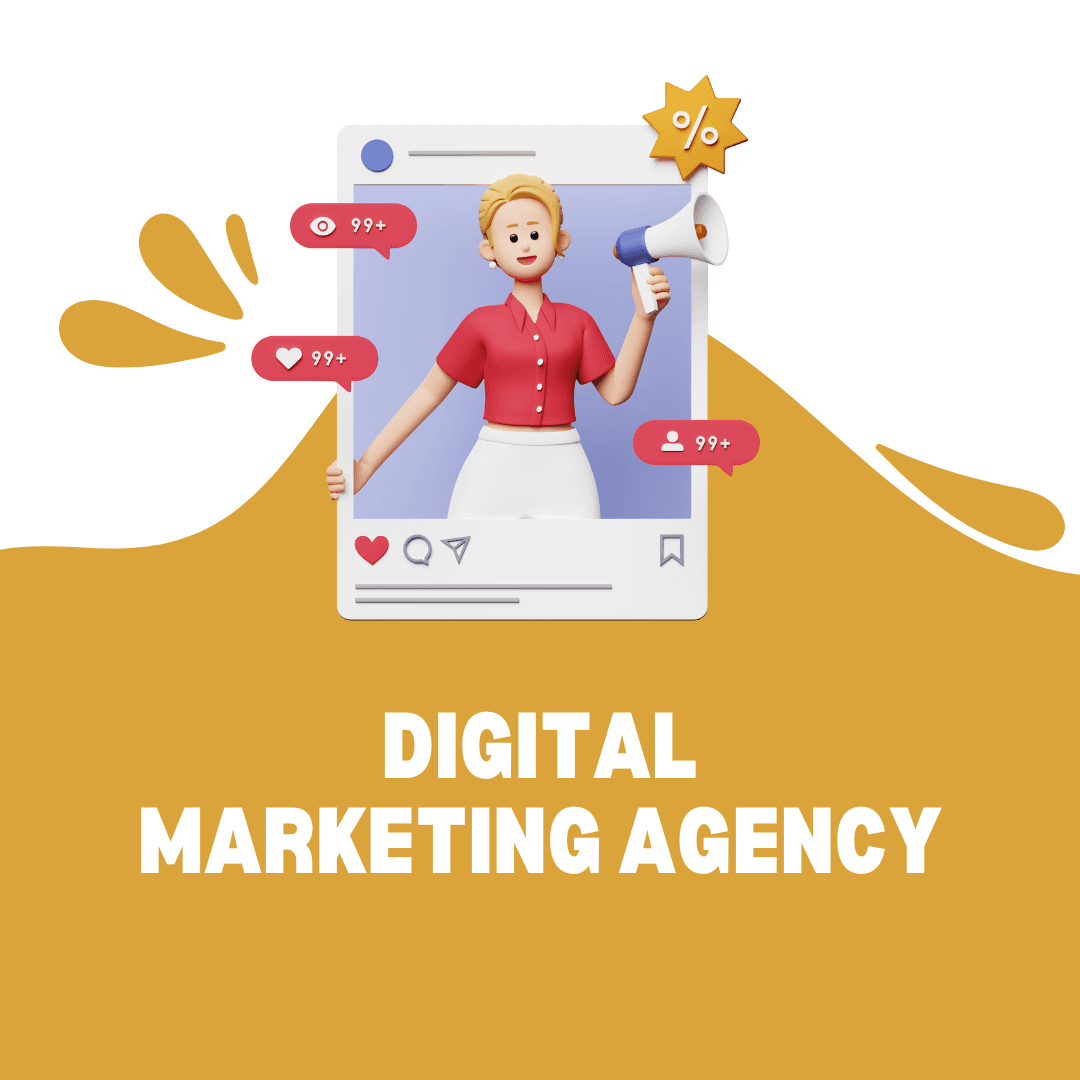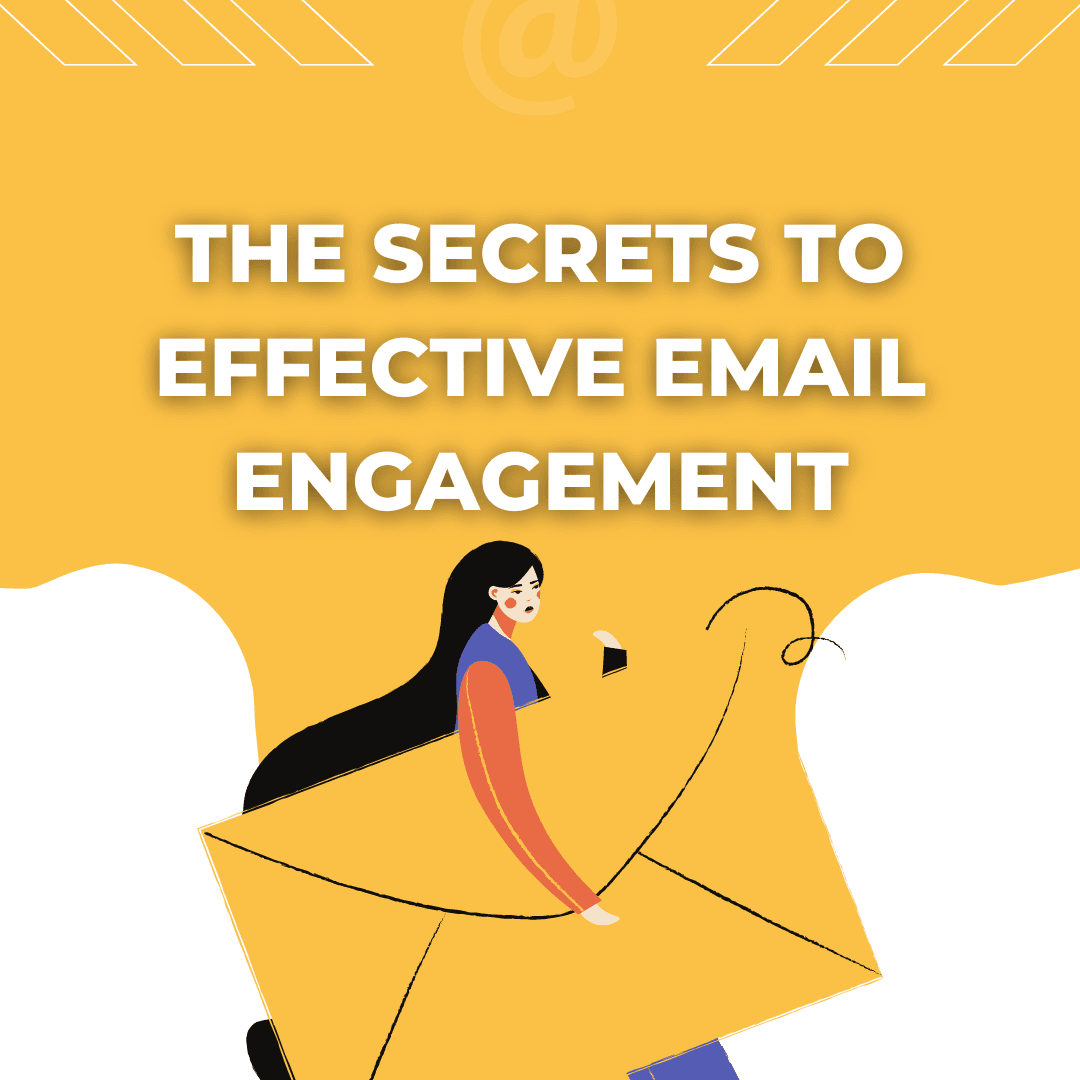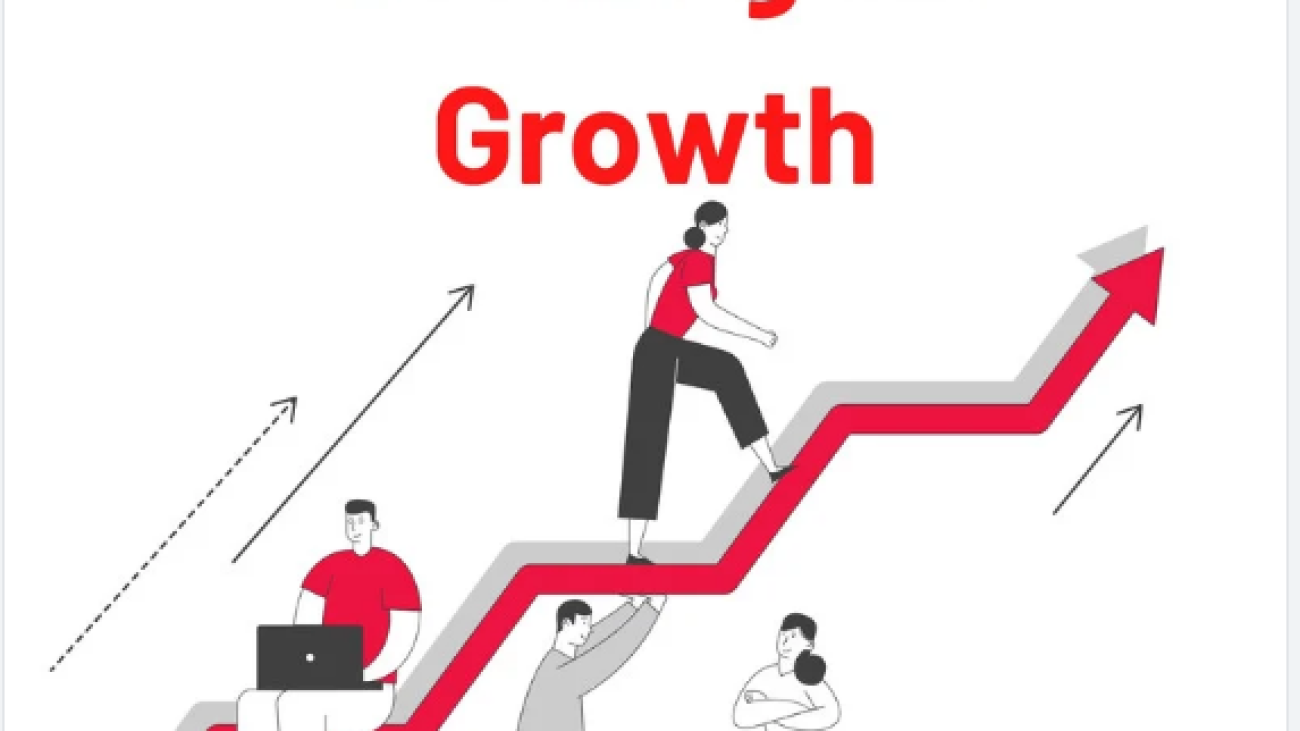A robust online presence is no longer optional. It’s a necessity for businesses of all sizes.
From small businesses to startups and established corporations, everyone is vying for a piece of the digital pie.
But how do you stand out in this crowded digital landscape?
The answer lies in a well-crafted digital marketing strategy.
A digital marketing strategy is a roadmap to achieving your business goals using online channels.
It’s about reaching your target audience where they are – online.
It’s about engaging them with compelling content, building relationships, and ultimately, driving conversions.
But crafting an effective digital marketing strategy is no easy feat.
It requires a deep understanding of digital channels, market trends, and consumer behavior.
It requires adapting to the ever-changing digital landscape and the agility to seize new opportunities.
In this article, we’ll explore the essential best practices for developing and implementing a successful digital marketing strategy.
Whether you’re a small business owner, a marketing student, or a startup founder, this article is designed to simplify complex concepts, provide actionable insights, and help you navigate the dynamic world of digital marketing.
So, are you ready to take your digital marketing efforts to the next level?
Understanding Digital Marketing Strategy
A digital marketing strategy is a comprehensive plan of action.
It outlines how a business will use various digital channels to achieve its marketing objectives.
These channels can include websites, social media platforms, email marketing, SEO, paid advertising, and more.
The strategy is designed to reach, engage, and convert the target audience online.
It’s not just about being present on digital platforms.
It’s about leveraging these platforms to deliver the right message to the right audience at the right time.
A well-crafted digital marketing strategy is data-driven.
It’s based on deeply understanding the target audience, their online behavior, and their needs and preferences.
It’s also flexible, allowing businesses to adapt to market trends and consumer behavior changes.

The Role of Digital Marketing in Business Growth
A strong online presence is crucial for business growth.
A digital marketing strategy plays a key role in this.
It helps businesses reach a wider audience than traditional marketing methods.
With digital marketing, businesses can target specific demographics, making their marketing efforts more efficient and effective.
Moreover, digital marketing allows for real-time interaction with customers.
This not only enhances customer experience but also provides valuable insights into customer behavior.
These insights can be used to refine marketing strategies and make informed business decisions.
In essence, a digital marketing strategy can drive customer engagement, increase brand visibility, and boost sales.
It’s a powerful tool for business growth.
The Dynamic Nature of Digital Marketing
Digital marketing is a dynamic field.
It’s constantly evolving, with new trends and technologies emerging all the time.
This makes it both exciting and challenging.
To stay competitive, businesses must keep up with these changes.
They must be willing to adapt their digital marketing strategies to the changing digital landscape.
This requires continuous learning and skill development.
It also requires a willingness to experiment with new ideas and take calculated risks.
In the dynamic world of digital marketing, those who are adaptable and forward-thinking are the ones who succeed.
Remember, in digital marketing, change is the only constant.
Crafting Your Digital Marketing Strategy
Creating a digital marketing strategy is a multi-step process.
It begins with a clear understanding of your business goals.
What do you want to achieve through your digital marketing efforts?
Increased brand awareness? More website traffic? Higher sales?
Once you have defined your goals, the next step is to understand your target audience.
Who are they? What are their needs and preferences? How do they behave online?
This understanding will guide your choice of digital channels and the type of content you create.
 by Windows (https://unsplash.com/@windows)
by Windows (https://unsplash.com/@windows)
Your strategy should also include a plan for measuring performance.
This will help you track your progress towards your goals and make necessary adjustments along the way.
Remember, a digital marketing strategy is not a one-time effort.
It’s an ongoing process that requires regular review and optimization.
Identifying Your Target Audience
Identifying your target audience is a critical step in crafting your digital marketing strategy.
Your target audience is the group of people who are most likely to be interested in your products or services.
Understanding your target audience will help you create content that resonates with them.
It will also guide your choice of digital channels.
For example, if your target audience is young adults, you might focus on social media platforms like Instagram and Snapchat.
On the other hand, if your target audience is professionals, LinkedIn might be a more effective channel.
Remember, the more you know about your target audience, the more effective your digital marketing strategy will be.
Setting SMART Goals for Your Marketing Efforts
Setting goals is an essential part of any digital marketing strategy.
But not just any goals.
Your goals should be SMART – Specific, Measurable, Achievable, Relevant, and Time-bound.
Specific goals are clear and well-defined.
Measurable goals allow you to track your progress and measure your success.
Achievable goals are realistic and within your reach.
Relevant goals align with your business objectives.
And time-bound goals have a deadline for achievement.
SMART goals provide a clear direction for your digital marketing efforts and a benchmark for measuring success.
Selecting the Right Digital Channels
Selecting the right digital channels is another crucial step in crafting your digital marketing strategy.
The digital channels you choose should align with your business goals and target audience.
For example, if your goal is to increase brand awareness, social media might be an effective channel.
If your goal is to drive website traffic, SEO and paid advertising might be more appropriate.
Remember, each digital channel has its strengths and weaknesses.
The key is to choose the channels that are most likely to help you achieve your marketing goals.
And don’t forget to diversify.
A multi-channel approach can help you reach a wider audience and maximize your marketing efforts.
Content is King: Developing a Content Strategy
In digital marketing, content is king. It’s the vehicle through which you communicate with your audience.
A well-crafted content strategy can help you engage your audience, build brand awareness, and drive conversions.
But creating content is not enough.
You need to create the right content.
Content that resonates with your audience.
Content that provides value.
Content that sets you apart from your competitors.
Your content strategy should be guided by your business goals and target audience.
It should also be flexible, allowing you to adapt to changing market trends and audience preferences.
Remember, content is not just about selling.
It’s about building relationships and establishing trust.
The Power of Storytelling in Brand Building
Storytelling is a powerful tool in digital marketing.
It allows you to connect with your audience on a deeper level.
Stories can evoke emotions, inspire action, and make your brand more memorable.
But storytelling is not just about telling tales.
It’s about conveying your brand’s values, mission, and unique selling proposition.
In other words, it’s about telling your brand’s story.
A compelling brand story can set you apart from your competitors and foster loyalty among your customers.
Remember, people don’t buy products, they buy stories.
So, make sure your brand’s story is one worth telling.
Leveraging Different Content Types for Engagement
Content comes in many forms.
Blog posts, videos, infographics, podcasts, webinars, social media posts – the list goes on.
Each content type has its strengths and can be used to engage your audience in different ways.
For example, blog posts can provide in-depth information and establish your brand as an authority in your field.
Videos, on the other hand, can be more engaging and are ideal for demonstrating products or sharing customer testimonials.
The key is to diversify your content.
This not only keeps your audience engaged but also allows you to reach different segments of your audience.
Remember, the best content is the content that your audience finds valuable and engaging.
So, listen to your audience, experiment with different content types, and always strive to provide value.
Maximizing Online Visibility Through SEO
Search Engine Optimization (SEO) is a crucial component of any digital marketing strategy.
It’s the process of optimizing your online content to rank higher in search engine results.
Why is this important?
Because the higher you rank, the more visibility you have.
And the more visibility you have, the more traffic you can drive to your website.
 by Priscilla Du Preez 🇨🇦 (https://unsplash.com/@priscilladupreez)
by Priscilla Du Preez 🇨🇦 (https://unsplash.com/@priscilladupreez)
But SEO is not just about driving traffic.
It’s about driving the right traffic.
Traffic that is likely to convert.
This is achieved by targeting specific keywords that your target audience is likely to search for.
Remember, SEO is a long-term strategy.
It requires patience, consistency, and a deep understanding of your audience’s search behavior.
Understanding SEO Best Practices
SEO is a complex field, with many factors influencing your website’s ranking.
But some best practices can guide your SEO efforts.
Firstly, your website should be easy to navigate and user-friendly.
Search engines favor websites that provide a good user experience.
Secondly, your content should be high-quality, relevant, and regularly updated.
Search engines reward websites that provide valuable content to users.
Thirdly, your website should be mobile-friendly.
With more people using mobile devices to access the internet, mobile-friendliness is a key ranking factor.
Lastly, you should aim to build high-quality backlinks to your website.
Backlinks are links from other websites to yours, and they signal to search engines that your content is valuable and trustworthy.
Remember, SEO is not a one-time task.
It requires ongoing effort and adaptation to changing search engine algorithms.
The Importance of Local SEO for Small Businesses
For small businesses, local SEO is particularly important.
It’s the process of optimizing your online presence to attract more business from local searches.
Why is this important?
Because many people use search engines to find local businesses.
If your business is not visible in local search results, you’re missing out on a significant amount of potential business.
Local SEO involves optimizing your website for local keywords, claiming and optimizing your business’s online listings, and collecting customer reviews.
Remember, local SEO is not just about driving traffic.
It’s about driving foot traffic.
So, if you’re a small business owner, don’t overlook the power of local SEO.
Paid Advertising: A Necessary Investment
While organic strategies like SEO are crucial, they often take time to yield results.
That’s where paid advertising comes in.
Paid advertising, or pay-per-click (PPC) advertising, can provide immediate visibility for your brand.
 by Ben Kolde (https://unsplash.com/@benkolde)
by Ben Kolde (https://unsplash.com/@benkolde)
It allows you to reach a wider audience and drive more traffic to your website.
But remember, paid advertising is not just about getting clicks.
It’s about getting the right clicks.
This means targeting your ads to the right audience to maximize conversions.
Exploring PPC and Display Advertising
PPC advertising involves bidding on keywords to have your ads appear in search engine results.
When a user searches for that keyword, your ad may appear at the top of the search results.
Display advertising, on the other hand, involves placing banner ads on websites relevant to your business.
These ads can be highly visual and can include text, images, or even video.
Both PPC and display advertising can be effective, but the best choice depends on your business goals and target audience.
The Role of Retargeting in Conversion
Have you ever visited a website, only to have ads for that website follow you around the internet?
That’s retargeting in action.
Retargeting is a form of online advertising that targets users who have previously visited your website.
It’s a powerful tool for conversion, as it keeps your brand top of mind and encourages users to return to your website.
Remember, retargeting is not about annoying your audience.
It’s about providing them with relevant and personalized ads that meet their needs and interests.
Email Marketing: Personalization Leads to Conversion
Email marketing remains one of the most effective digital marketing strategies.
Why?
Because it allows for direct communication with your audience.
 by Elio Santos (https://unsplash.com/@eliomendes)
by Elio Santos (https://unsplash.com/@eliomendes)
But it’s not just about sending emails.
It’s about sending the right emails.
Personalization is key in email marketing.
This means tailoring your emails to meet the specific needs and interests of each recipient.
When done right, personalized emails can lead to higher open rates, click-through rates, and conversions.
Crafting Effective Email Campaigns
Crafting an effective email campaign starts with understanding your audience.
What are their needs?
What are their interests?
Once you understand your audience, you can create content that resonates with them.
But remember, content is not the only factor.
The design of your email, the subject line, and the call-to-action all play a crucial role in the effectiveness of your campaign.
Utilizing Automation for Efficiency
Email marketing can be time-consuming.
That’s where automation comes in.
Automation tools allow you to schedule emails, segment your audience, and track performance.
This not only saves time but also ensures that your emails reach the right people at the right time.
Remember, automation is not about replacing personalization.
It’s about enhancing it.
By automating certain aspects of your email marketing, you can focus more on creating personalized content that resonates with your audience.
Social Media Marketing: Building Communities and Engagement
Social media has revolutionized the way brands interact with their audience.
It’s not just about promoting products or services.
It’s about building communities and fostering engagement.
Successful social media marketing involves creating and sharing valuable content.
Content that educates, entertains, and inspires your audience.
But it’s not just about what you share.
It’s also about how you engage.
Responding to comments, participating in discussions, and showing appreciation for your followers can go a long way in building a loyal community.
Remember, social media is a two-way street.
Choosing the Right Platforms for Your Brand
Not all social media platforms are created equal.
Each platform has its own unique features and audience.
Choosing the right platform for your brand depends on your target audience and your marketing goals.
For example, if your target audience is young and tech-savvy, platforms like Instagram and TikTok might be a good fit.
On the other hand, if you’re targeting professionals, LinkedIn might be a better choice.
The Power of Influencer Partnerships
Influencer marketing is a powerful tool in the social media marketing arsenal.
Why?
Because influencers have built-in audiences that trust and value their opinions.
Partnering with influencers can help you reach a larger audience and boost your brand’s credibility.
But remember, it’s not just about reaching a large audience.
It’s about reaching the right audience.
Choose influencers who align with your brand values and have a following that matches your target audience.
Analytics and Performance Tracking
It’s the compass that guides your strategy. Analytics provide valuable insights into your audience’s behavior.
They show you what’s working and what’s not.
For example, you can track which content types generate the most engagement.
Or which marketing channels drive the most traffic to your website.
You can also monitor your website’s bounce rate and conversion rate.
These metrics can help you identify areas for improvement.
Remember, the goal is not just to collect data.
It’s to use that data to optimize your digital marketing strategy.
Interpreting Data to Optimize Strategies
Interpreting data can be challenging.
But it’s a crucial skill for any digital marketer.
The key is to focus on the metrics that matter most to your business.
For example, if your goal is to increase brand awareness, you might focus on metrics like reach and impressions.
If your goal is to drive sales, you might focus on metrics like conversion rate and average order value.
Remember, data is only valuable if you use it to make informed decisions.
The Importance of A/B Testing
A/B testing is a powerful tool for optimizing your digital marketing strategy.
It involves testing two versions of a marketing element to see which performs better.
For example, you might test two different email subject lines to see which one generates a higher open rate.
Or you might test two different landing page designs to see which one results in more conversions.
A/B testing allows you to make data-driven decisions.
It takes the guesswork out of digital marketing.
Staying Agile: Adapting to Market Changes
The digital marketing landscape is constantly evolving.
New platforms, technologies, and trends emerge all the time.
To stay competitive, you need to be agile.
You need to be able to adapt your digital marketing strategy to these changes.
This requires a mindset of continuous learning and improvement.
Embracing New Technologies and Trends
Embracing new technologies and trends can give you a competitive edge.
For example, consider the rise of video marketing.
Brands that were quick to adopt this trend saw significant increases in engagement and conversions.
Or consider the impact of AI on digital marketing.
AI-powered tools can help you automate tasks, personalize content, and gain deeper insights into your audience.
The key is to stay informed about the latest trends and technologies.
And to be willing to experiment with new tactics and tools.
Continuous Learning and Skill Development
Continuous learning is a must.
You need to stay up-to-date with the latest best practices and industry standards.
This might involve attending webinars, reading industry blogs, or taking online courses.
You should also seek feedback and learn from your mistakes.
Remember, the most successful digital marketers are those who never stop learning.
The Ever-Evolving Digital Landscape
It’s a dynamic field that requires constant learning and adaptation.
The strategies that work today may not work tomorrow.
But that’s what makes digital marketing so exciting and rewarding.
It’s a field where creativity, data, and technology intersect.
Recap of Digital Marketing Strategy Best Practices
In this article, we’ve covered a lot of ground.
We’ve discussed the importance of understanding your target audience and setting SMART goals.
We’ve explored different digital channels and the role of content in engagement.
We’ve highlighted the importance of SEO, paid advertising, and email marketing.
And we’ve delved into the world of social media marketing, analytics, and the need for agility.
Final Thoughts and Encouragement for Marketers
Digital marketing is a challenging field, but it’s also incredibly rewarding.
With the right strategy, you can reach a global audience, engage with your customers, and drive business growth.
Remember, the key to success in digital marketing is to keep learning and experimenting.
















 by Windows (https://unsplash.com/@windows)
by Windows (https://unsplash.com/@windows) by Priscilla Du Preez 🇨🇦 (https://unsplash.com/@priscilladupreez)
by Priscilla Du Preez 🇨🇦 (https://unsplash.com/@priscilladupreez) by Ben Kolde (https://unsplash.com/@benkolde)
by Ben Kolde (https://unsplash.com/@benkolde) by Elio Santos (https://unsplash.com/@eliomendes)
by Elio Santos (https://unsplash.com/@eliomendes)










